Prime Minister Rishi Sunak standing up to Boris Johnson could be the making of him as a leader, an Asian parliamentarian told Eastern Eye.
Sunak on Monday (12) revealed that his predecessor had asked him to “do something that I wasn't prepared to do,” in relation to the latter’s resignation honours list.
The prime minister added he “didn't think it was right” and declared that “if people don't like that then tough.”
“I absolutely think this can be the making of Rishi Sunak as a leader,” the parliamentarian told Eastern Eye.
“It does feel like until now, he was trying to make everybody happy – the different factions within the Conservative Party.
“People want to see a politician who sticks to his convictions. I hope this is the start of what I hope he (Sunak) will continue to do - which is to stand up for his own values and what he really believes in.”
Johnson's long-awaited honours list was published last Friday (9), rewarding Brexit die-hards and even those implicated in the Partygate scandal that contributed to his downfall last year. But its failure to feature several expected names prompted accusations from Johnson's camp of meddling from Sunak and Downing Street before it was submitted.
Subsequent statements coming from Johnson and his allies have been described by a party insider as “throwing hand grenades” at Sunak's government.
Sunak's spokesman told reporters it was “entirely untrue” that the prime minister or officials removed names from Johnson's list before it was sent to a House of Lords vetting committee.
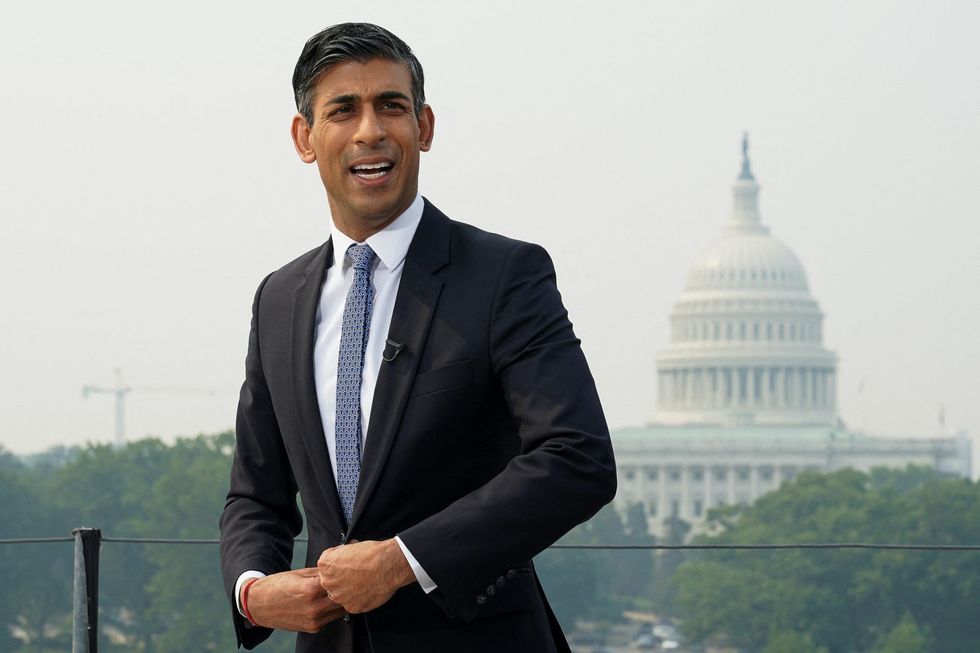
The prime minister himself then lashed out at Johnson, accusing him of asking him to overrule the committee, which rejected eight of Johnson’s nominations to the Lords.
Johnson hit back in a statement, saying: “Rishi Sunak is talking rubbish”.
The Asian parliamentarian said they believe Sunak came to a point where he just had enough of the drama that surrounds Johnson.
“By nature, he (Sunak) is very polite. He probably didn’t want to have a row in public. He was obviously, in private, frustrated with Boris Johnson or he wouldn’t have replied as he did,” they said.
“He got frustrated with hearing things that were clearly not entirely accurate and wanted to set the record straight.”
They added: “People want to see a prime minister who will stand up for what he believes in. Rishi came into office offering a change in management in Downing Street, a greater integrity and honour in public life. It’s great he’s standing up to that.
“Rishi Sunak is moving away from personality politics to policy politics - which is what voters put elected politicians in place to do.”
Johnson resigned last Friday from parliament claiming a “stitch-up” by political opponents on a cross-party inquiry probing whether he lied to parliament over the Covid lockdown-breaking parties at Downing Street.
The 58-year-old claimed the House of Commons privileges committee, chaired by veteran Labour MP Harriet Harman, was a “kangaroo court” and were “determined to use the proceedings against me to drive me out of parliament”.
He is expected to be found guilty this week of misleading parliament, with the committee to recommend he be suspended for at least ten days for lying to MPs about 'Partygate'.
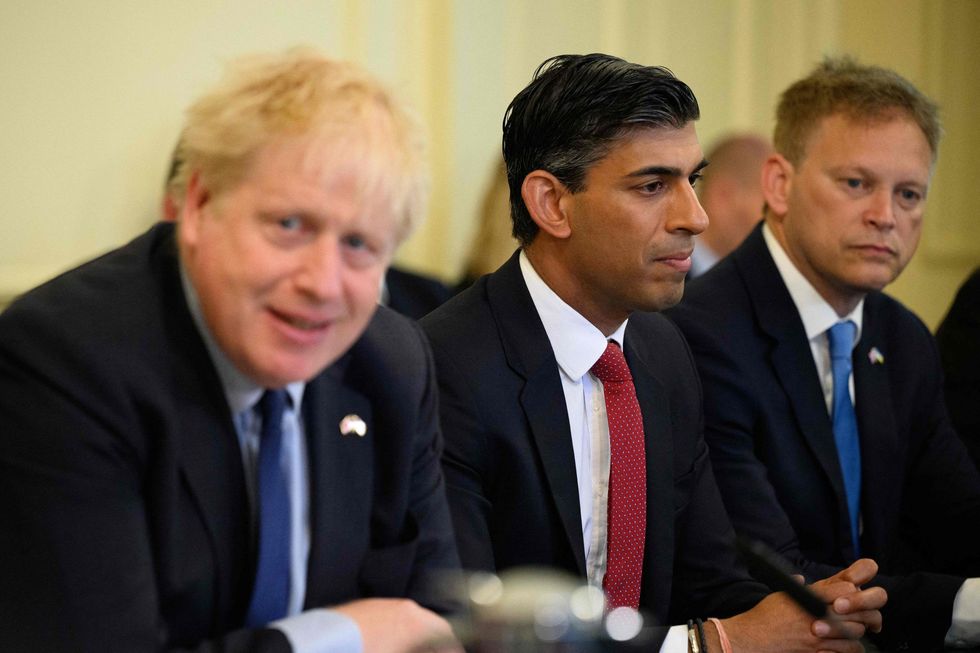
The parliamentarian said the war-of-words over the honours list is a ploy on Johnson’s part to deflect attention away from the 'Partygate' scandal.
“Boris Johnson thought the rules applied to everybody else but not himself,” they said. “That’s Boris. He wanted to have his way and he had very little regards for the rules. That’s a pattern consistent of Boris’s time in public life.
“This stuff around the honours list is a deliberate distraction on Boris’s part to take attention away from the main issue - which is his own conduct which is under investigation by the privileges committee.
“Being found guilty is incredibly serious. You can argue the verdict, but this a group of cross-party parliamentarians with a majority of Conservatives on the committee that came to this conclusion. The idea this is some sort of bias, kangaroo court is not accurate.”
Despite being forced out from power last year by a party revolt over his conduct, Johnson commands a loyal core of supporters in the Conservatives who regard him as a powerful vote-winner in parts of the country that others, like Sunak, cannot reach.
Sunak, who served as chancellor under Johnson before playing a pivotal role in his downfall, has struggled to unify the party behind him ahead of a general election expected next year.
Johnson’s resignation as MP has sparked fresh factional in-fighting in the Conservative party with his allies, former culture secretary Nadine Dorries and former minister of sport and civil society, Nigel Adams, also both resigning as MPs.
The resignations mean Tories have to contest three by-elections when they trail in the polls to Labour.
According to some opinion polls, the Conservatives are likely to lose two of those votes, with the third difficult to call.
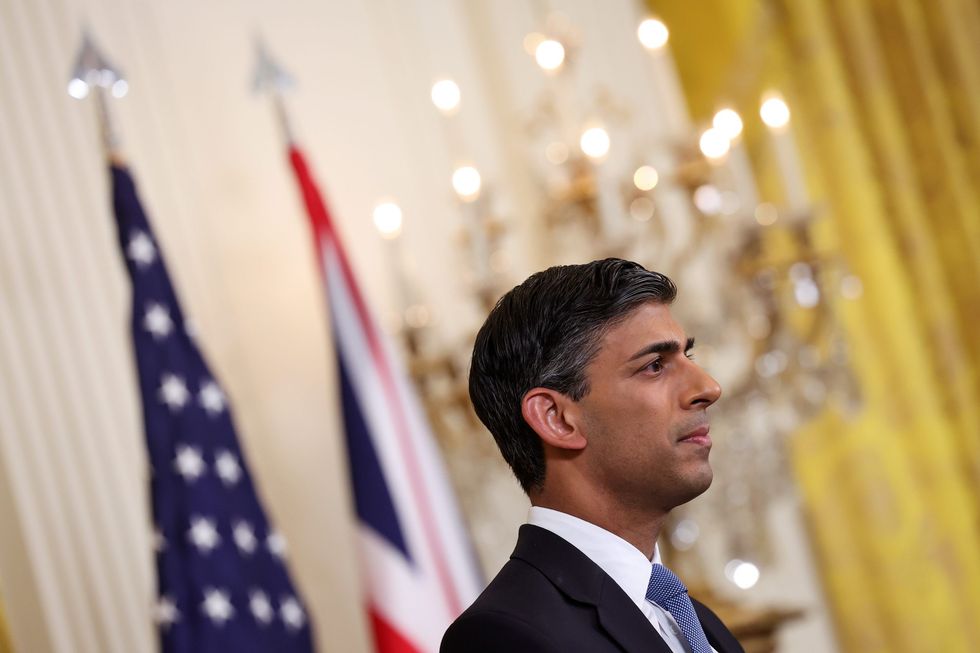
Johnson’s resignation statement caused further unrest within the party as he called for reduced business and personal taxes and a “properly Conservative government.” The words, which were aimed at Sunak, have started to resonate with some Tory members.
The statement has spurred members who have criticised the government for being too cautious in pursuing what they say is the party's traditional agenda of cutting taxes and regulation to boost a flagging economy.
“Rishi needs to get a grip pretty quickly. He needs to listen to what Boris said about tax and growth and tell (chancellor) Jeremy Hunt plainly that he has to revert to Conservative fiscal policies,” said one Conservative MP on condition of anonymity. “The tax burden must come down.”
Johnson, Sunak's allies say, has done little to allow his successor to bring calm to Downing Street, with the probe into his behaviour during Covid-19 lockdowns and his prominent media profile offering him ample opportunity to share his views.
They point to what they see as the hypocrisy of Johnson, whose government, also under then-chancellor Sunak, oversaw a huge increase in pandemic spending that pushed Britain's tax burden towards the highest level in decades.
“You can't win an election when the party hates each other this much,” said a former party special adviser. “It just looks ridiculous.”
The Asian parliamentarian stressed that Sunak needs to ignore the noise coming out of the Johnson camp and continue to deliver for the British people.
“He needs to continue to deliver on the five pledges that he outlined which are halving inflation, reducing debt, growing the economy, cutting NHS waiting lists and stopping small-boat crossings to the UK.
“He needs to show that the government can deliver on these pledges, but, beyond that, he needs to show an optimistic vision of where he intends to take the country if he wants to seek re-election in a likely general election next autumn.”
Johnson hinted his career in politics wasn’t over by quoting Arnold Schwarzenegger’s famous words “I’ll be back” in a newspaper column on Tuesday (13), adding, “we must fully deliver on Brexit and on the 2019 manifesto and we must smash Labour at the next election.”
However, a Conservative MP who was once a supporter of the former prime minister, said: “He has had his time and we need to him to move on. He is embarrassing himself and the party.”
Tory sources claim Sunak would block Johnson from standing again as a Conservative MP before the next election.
The public’s support for the former prime minister also seems to have waned with a poll by YouGov finding only 25 per cent want Johnson to return to parliament in the future. A majority of Britons (56 per cent) do not want him to come back as an MP.
“Boris will continue to make noise, but I think he will see that over time once you're out of Parliament, you lose your influence very rapidly,” said the parliamentarian.
“We've seen what's happened with (Silvio) Berlusconi (former Italian prime minister who died on Monday). Once he was out of the limelight, he got less attention. The same has happened with (Donald) Trump and the same happened with (former government advisor) Dominic Cummings.
“Once people lose their position, it’s not long before they fade away.”

















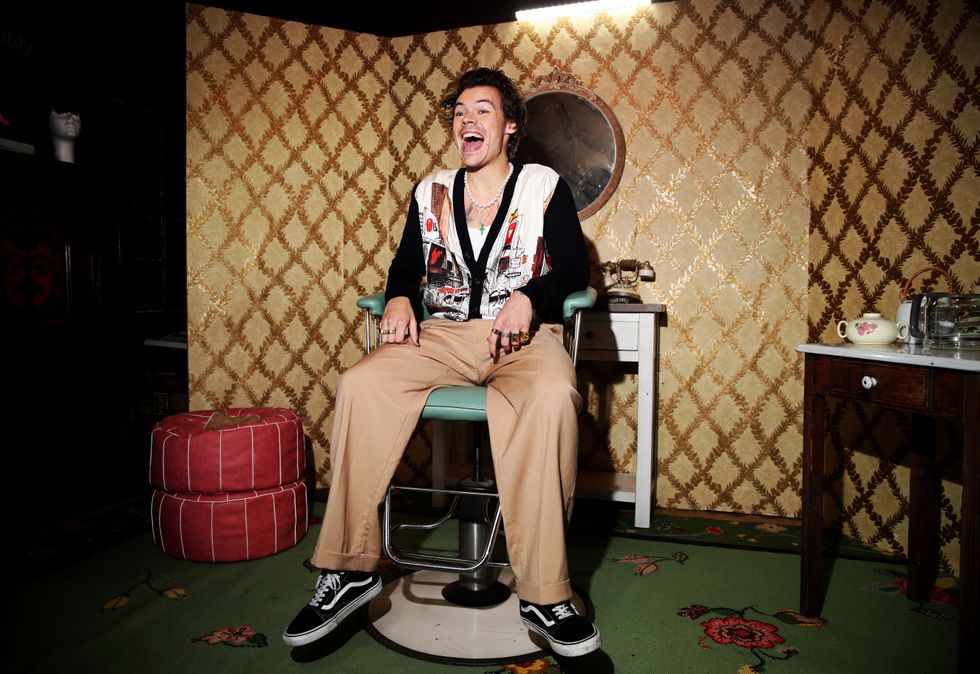 Harry Styles attends Spotify Celebrates The Launch of Harry Styles' New AlbumGetty Images
Harry Styles attends Spotify Celebrates The Launch of Harry Styles' New AlbumGetty Images 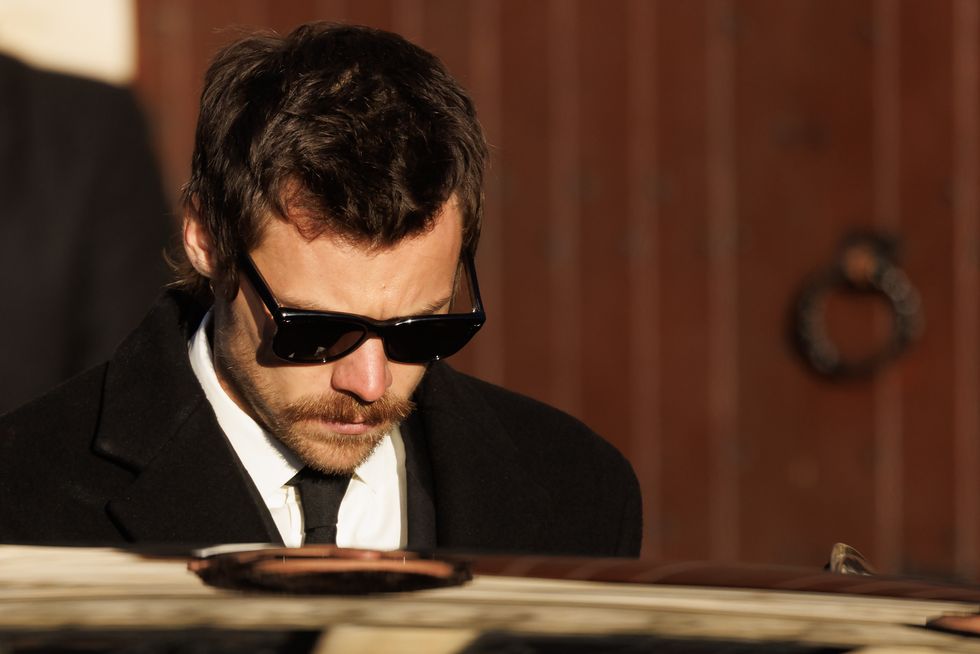 Harry Styles leaves following the funeral of singer Liam Payne Getty Images
Harry Styles leaves following the funeral of singer Liam Payne Getty Images 